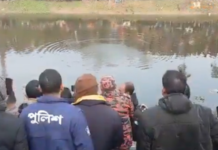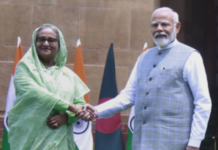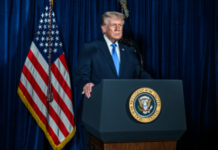ISLAMABAD, Pakistan — A new constitutional amendment in Pakistan has sparked deep concerns over the future of the country’s democracy, with critics warning that it could usher in a prolonged era of military dominance and weaken civilian governance.
The 27th Constitutional Amendment, which elevates Army Chief General Asim Munir to a newly created role of Chief of Defence Forces (CDF), consolidates control of the army, navy, and air force under one office. According to a report published Tuesday by One World Outlook, this shift risks turning Pakistan into a “constitutional barracks,” where military authority eclipses democratic institutions.
“Pakistan is no stranger to military influence in politics, but the 27th Amendment marks a new phase in the country’s democratic regression,” the report stated. “Not only does it concentrate all military and executive power in one office, but it also co-opts the judiciary and subverts federalism. The move follows a period where major opposition parties have been dismantled, prominent leaders remain imprisoned, and media freedoms are curtailed.”
Under the amendment, General Munir will retain his rank, privileges, and legal immunity for life. The Joint Chiefs of Staff Committee has been dissolved, and revenue-sharing formulas have been altered to diminish provincial autonomy.
The judiciary also faces sweeping changes. Constitutional cases will now be handled by a new Federal Constitutional Court, with judges appointed by the executive, sidelining the Supreme Court. The report warns that this “fast-tracks a system where the highest authorities in the land—the CDF and the new court—become answerable not to the people or parliament, but to the prime minister and a tightly knit executive-military alliance.”
The concentration of power, the report emphasized, increases the likelihood of unilateral decision-making in foreign affairs during a time of mounting internal and external challenges. The amendment places nuclear command authority effectively in the hands of a single individual, heightening regional security risks and raising fears of hasty crisis escalation.
At home, the suppression of dissent and lack of accountability could intensify insurgencies in Balochistan and Khyber Pakhtunkhwa, with potential destabilizing effects on neighboring Afghanistan.
Veteran diplomat Ashraf Jehangir Qazi cautioned that the amendment “damages, even demolishes, the basic structure of Pakistan’s constitution,” reducing civilian governance to a mere facade. Critics have dubbed the move a “constitutionalization of militarization,” warning that such entrenched systems are nearly impossible to reverse. (Source: IANS)












